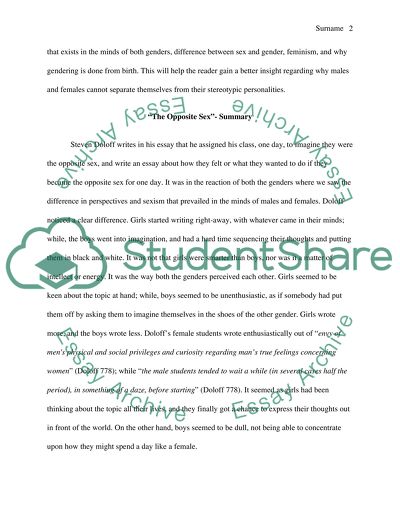Cite this document
(“The Opposite Sex by Steven Doloff Essay Example | Topics and Well Written Essays - 2500 words”, n.d.)
Retrieved from https://studentshare.org/gender-sexual-studies/1398167-the-opposite-sex-by-steven-doloff
Retrieved from https://studentshare.org/gender-sexual-studies/1398167-the-opposite-sex-by-steven-doloff
(The Opposite Sex by Steven Doloff Essay Example | Topics and Well Written Essays - 2500 Words)
https://studentshare.org/gender-sexual-studies/1398167-the-opposite-sex-by-steven-doloff.
https://studentshare.org/gender-sexual-studies/1398167-the-opposite-sex-by-steven-doloff.
“The Opposite Sex by Steven Doloff Essay Example | Topics and Well Written Essays - 2500 Words”, n.d. https://studentshare.org/gender-sexual-studies/1398167-the-opposite-sex-by-steven-doloff.


